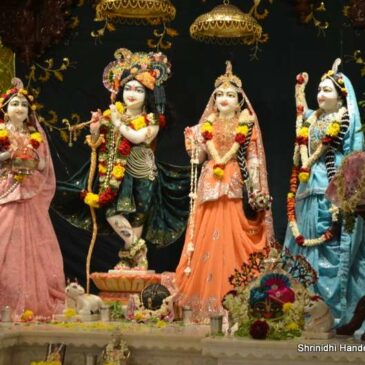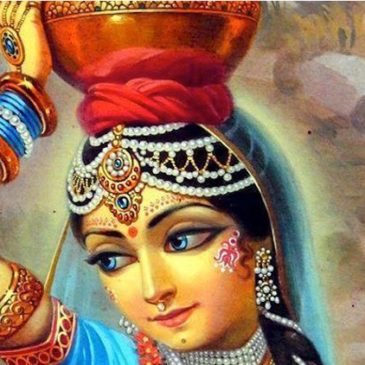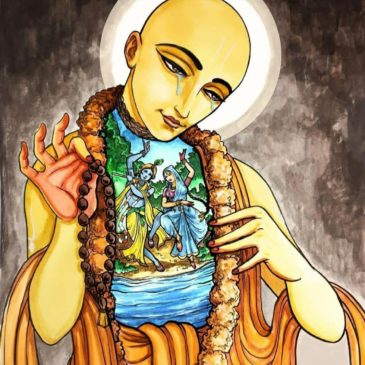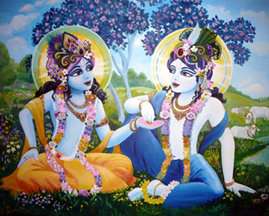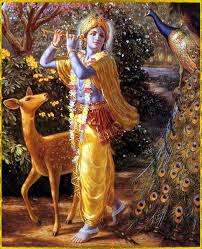Decimoquinto tema: Ni la materia ni los jivas son uno con el Supremo
tatra jivasya tradrsacidrupatve ‘pi paramesvarato vailaksanyam iti yaya sammohita iti ca darsayati Aquí, las frases “Maya está fuera de Él” (Srimad-Bhagavatam 1.7.4) y “engañado por Maya” (Srimad-Bhagavatam 1.7.5) indican que el jiva, aunque también … Read More


